When it comes to building a brand-new home workshop, there are several factors you must consider. One of the first decisions you must make is whether you wish to undertake the project alone or with the knowledge and expertise of a professional contractor. Building a workshop from the ground up from the comfort of your own home can be difficult and costly if approached incorrectly. Continue reading to familiarise yourself with some handy tips and tricks to enable you to get the job done as quickly and as efficiently as possible.
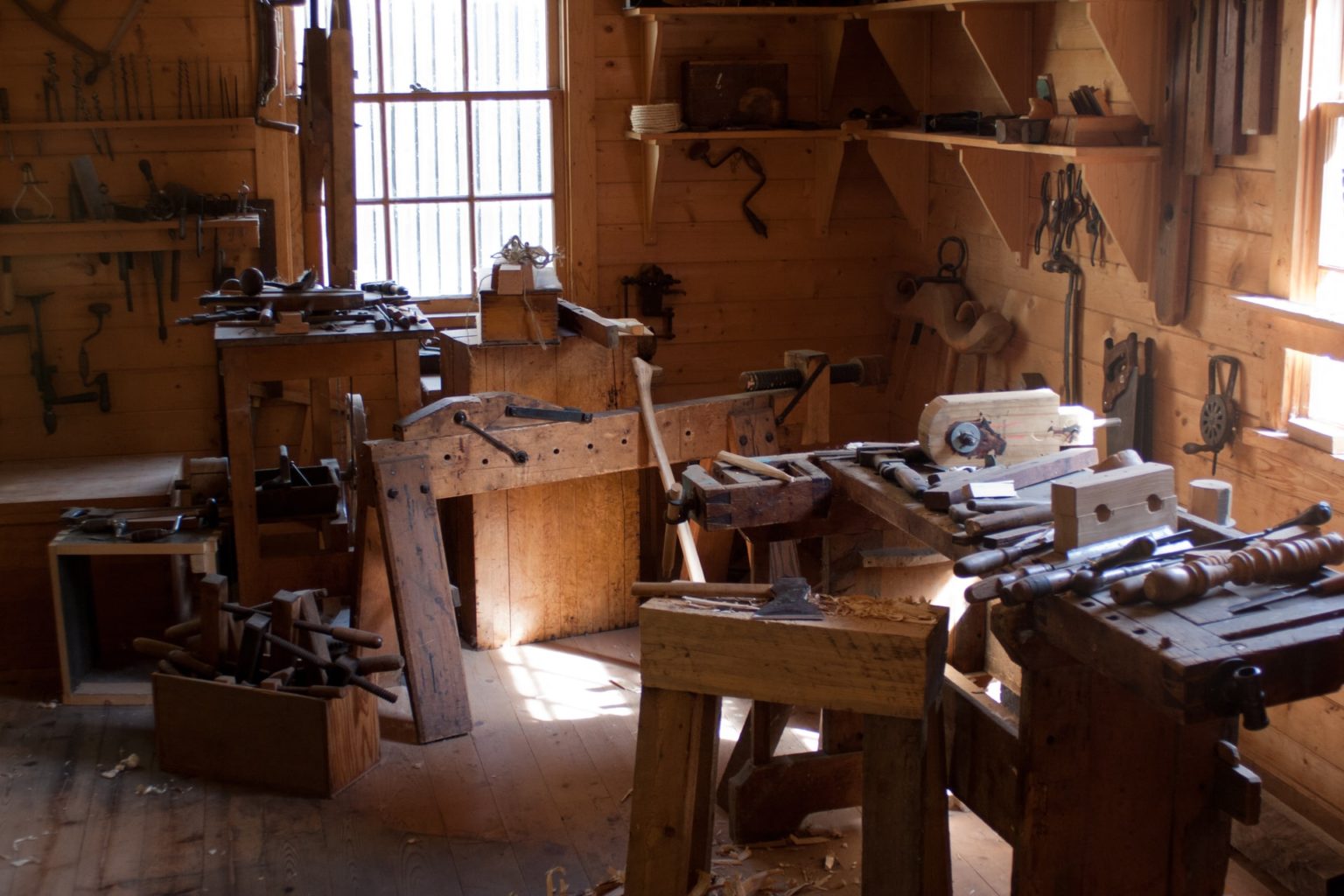
Make the most of your garage
Garages can serve a variety of different purposes. From storing and parking vehicles, doubling as a gym, and even acting as a second living room, they can be repurposed in a number of ways. One of the most common uses of a garage is for an at-home workshop. By choosing to construct your home workshop within an existing space, you can save time and money in trying to build it from the ground up. Most garages are also equipped with wide entrances or doors to allow you to transport bulky materials or heavy machinery to and from your new workshop with ease. They also tend to be well insulated so you can relax knowing your brand-new workshop is protected from the elements at all times. Whether you barely use your garage or prefer to park your car outside, it can be a great way to repurpose unused self storage space.
Consider electrical outlets
A workshop needs a reliable and uninterrupted source of electricity to function accordingly. Start by making a note of the voltage and wattage requirements of your various power tools. This will allow you to support the appropriate flow of electricity and prevent you from experiencing any power surges or outages. If you are unable to provide the necessary amount of electricity to your workshop, you may benefit from investing in an extension lead or an external generator. These vary in price depending on the power and distance required but can be the difference between your workshop performing and falling at the first hurdle. If you have the budget and permission to do so, solar panels can be a great external power source to operate your home workshop.
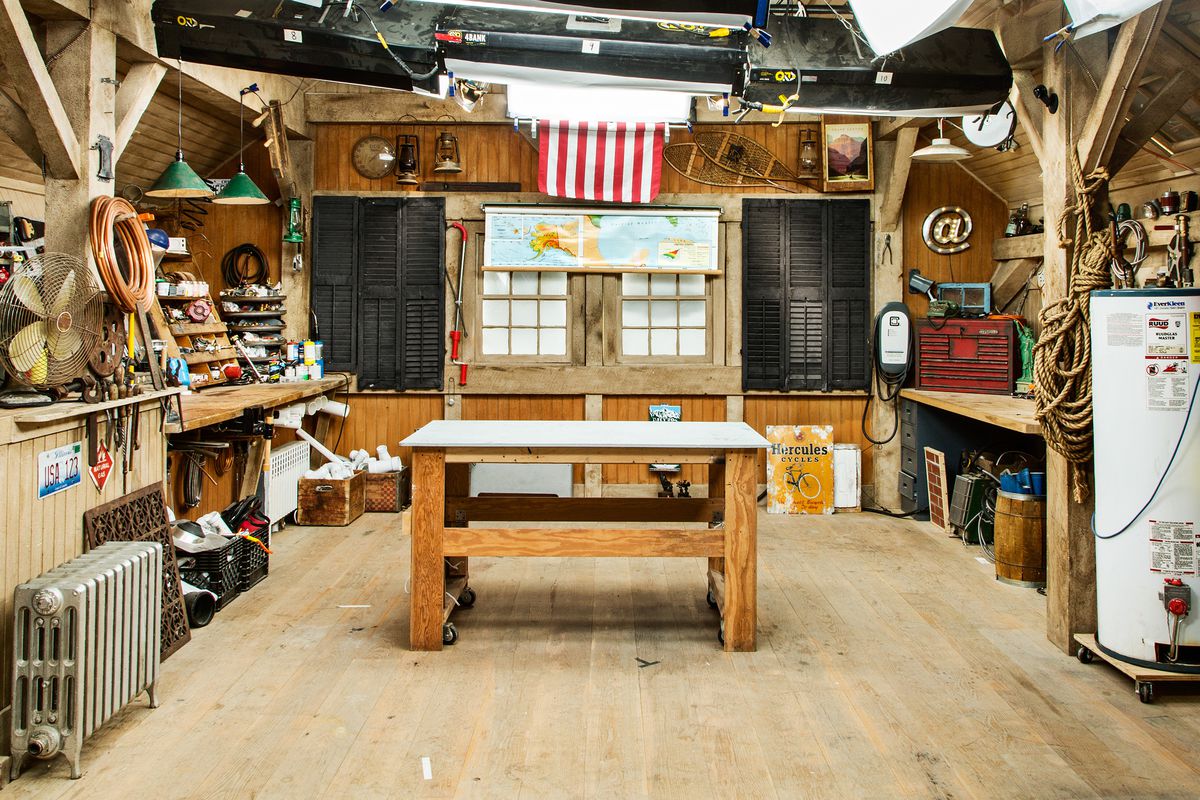
Ensure you have sufficient light
A home workshop must be well-lit. Sufficient natural or external light sources can allow you to get on with the task at hand and prevent you from making any costly or time-consuming mistakes. Whether you are working in a small space or an open environment, light should be one of the first considerations. Most home workshops are built with a variety of light sources including LED lights, fluorescent lights, spot lights, and ceiling lights. LED and fluorescent lights, in particular, are relatively cheap to source and install. Portable lights can allow you to see what you are doing whilst working with uneven surfaces or on a project that requires you to move around from station to station. Exposure to natural sunlight can also boost your mental health and provide you with a sense of determination and productivity during those long work days.
A home workshop is a big responsibility. From deciding how and where to begin construction to taking the steps to ensure electrical and lighting considerations have been taken care of, it can seem like an impossible task. By following these handy tips and tricks, you can ensure you embark on the process of building a home workshop equipped with the right tools and information to get the job done.












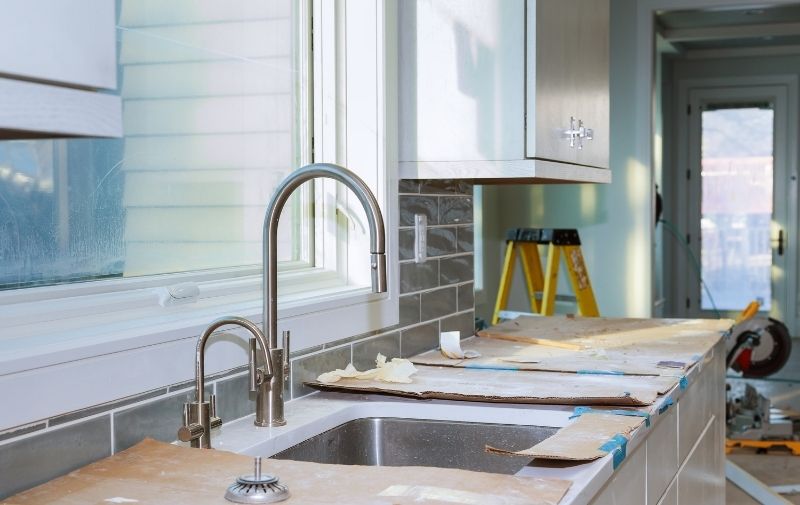

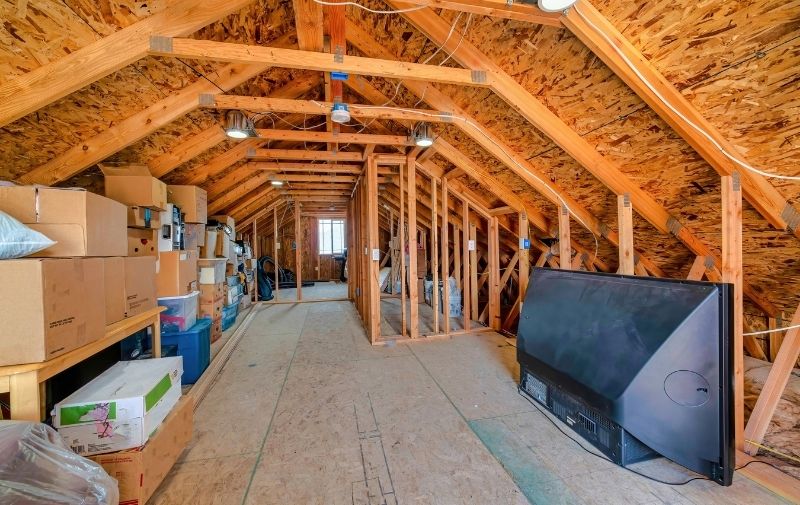
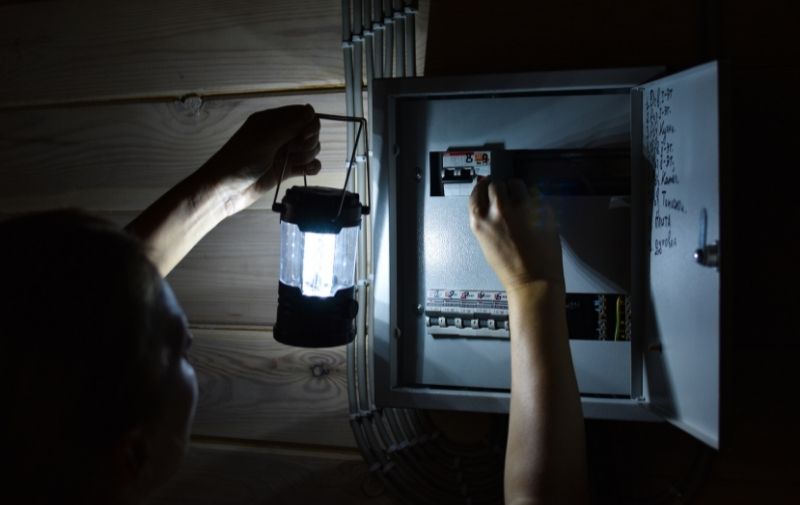
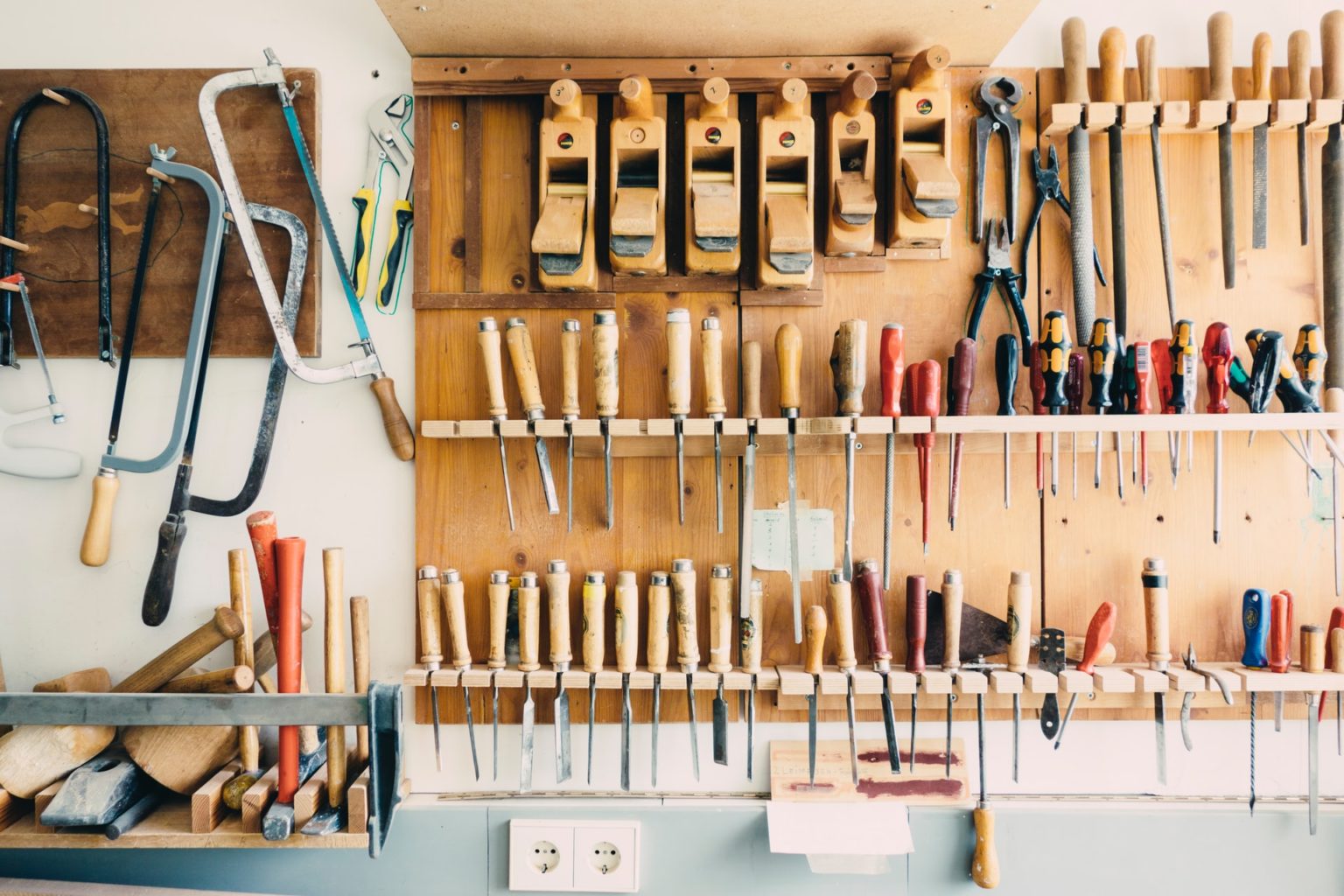





Leave a Reply